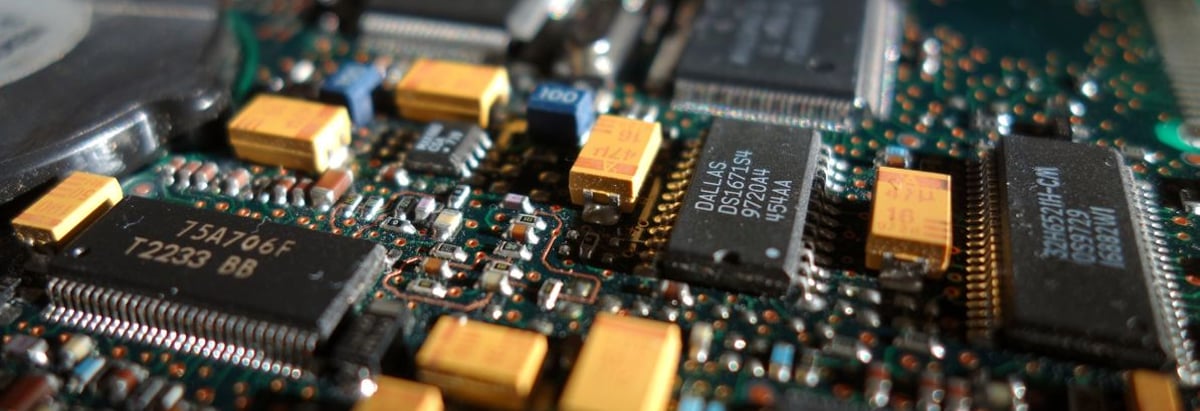Stock Analysis
- United States
- /
- Semiconductors
- /
- NasdaqGS:PI
There's Reason For Concern Over Impinj, Inc.'s (NASDAQ:PI) Price

Impinj, Inc.'s (NASDAQ:PI) price-to-sales (or "P/S") ratio of 15.7x might make it look like a strong sell right now compared to the Semiconductor industry in the United States, where around half of the companies have P/S ratios below 4.6x and even P/S below 2x are quite common. However, the P/S might be quite high for a reason and it requires further investigation to determine if it's justified.
View our latest analysis for Impinj
What Does Impinj's P/S Mean For Shareholders?
Impinj could be doing better as it's been growing revenue less than most other companies lately. It might be that many expect the uninspiring revenue performance to recover significantly, which has kept the P/S ratio from collapsing. However, if this isn't the case, investors might get caught out paying too much for the stock.
If you'd like to see what analysts are forecasting going forward, you should check out our free report on Impinj.What Are Revenue Growth Metrics Telling Us About The High P/S?
There's an inherent assumption that a company should far outperform the industry for P/S ratios like Impinj's to be considered reasonable.
Taking a look back first, we see that the company managed to grow revenues by a handy 2.7% last year. Pleasingly, revenue has also lifted 119% in aggregate from three years ago, partly thanks to the last 12 months of growth. Therefore, it's fair to say the revenue growth recently has been superb for the company.
Looking ahead now, revenue is anticipated to climb by 23% per annum during the coming three years according to the nine analysts following the company. That's shaping up to be materially lower than the 27% per annum growth forecast for the broader industry.
With this in consideration, we believe it doesn't make sense that Impinj's P/S is outpacing its industry peers. Apparently many investors in the company are way more bullish than analysts indicate and aren't willing to let go of their stock at any price. Only the boldest would assume these prices are sustainable as this level of revenue growth is likely to weigh heavily on the share price eventually.
The Key Takeaway
Using the price-to-sales ratio alone to determine if you should sell your stock isn't sensible, however it can be a practical guide to the company's future prospects.
It comes as a surprise to see Impinj trade at such a high P/S given the revenue forecasts look less than stellar. The weakness in the company's revenue estimate doesn't bode well for the elevated P/S, which could take a fall if the revenue sentiment doesn't improve. At these price levels, investors should remain cautious, particularly if things don't improve.
Before you take the next step, you should know about the 3 warning signs for Impinj that we have uncovered.
If you're unsure about the strength of Impinj's business, why not explore our interactive list of stocks with solid business fundamentals for some other companies you may have missed.
New: AI Stock Screener & Alerts
Our new AI Stock Screener scans the market every day to uncover opportunities.
• Dividend Powerhouses (3%+ Yield)
• Undervalued Small Caps with Insider Buying
• High growth Tech and AI Companies
Or build your own from over 50 metrics.
Have feedback on this article? Concerned about the content? Get in touch with us directly. Alternatively, email editorial-team (at) simplywallst.com.
This article by Simply Wall St is general in nature. We provide commentary based on historical data and analyst forecasts only using an unbiased methodology and our articles are not intended to be financial advice. It does not constitute a recommendation to buy or sell any stock, and does not take account of your objectives, or your financial situation. We aim to bring you long-term focused analysis driven by fundamental data. Note that our analysis may not factor in the latest price-sensitive company announcements or qualitative material. Simply Wall St has no position in any stocks mentioned.
Have feedback on this article? Concerned about the content? Get in touch with us directly. Alternatively, email editorial-team@simplywallst.com
About NasdaqGS:PI
Impinj
Operates a cloud connectivity platform in the Americas, the Asia Pacific, Europe, the Middle East, and Africa.

